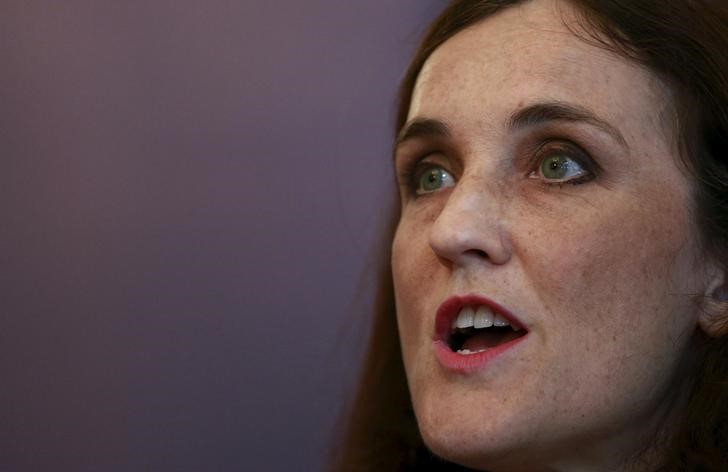IRA still exists but in 'a much reduced form' NI Secretary says
The IRA's "army council" still exists, the secretary of state for Northern Ireland has said today.
An official assessment of paramilitary activity in Northern Ireland was published earlier this afternoon in an attempt to break the deadlock in Stormont's power-sharing government. The report was commissioned after the shooting of Kevin McGuigan Sr, a former IRA member, in August and subsequent suspicion that the IRA were involved in the killing.

The assessment indicates "all the main paramilitary groups operating during the Troubles are still in existence," Theresa Villiers, the Northern Ireland secretary told MPs today.
The Provisional IRA "remains in existence in a much reduced form," she said in her statement.
However the PIRA's leadership is "committed to the peace process" and is not planning "attacks against the state," she insisted.
Sein Fein, a republican opposition party in Northern Ireland which was regarded as the political arm of the IRA in the past, had previously insisted the PIRA no longer exists.
However after the shooting of McGuigan, two unionist parties, the Ulster Unionist Party (UUP) and the Democratic Unionist Party (DUP), pulled their ministers out of government in protest at the evidence of ongoing IRA activity and its involvement in the murder.
Although this move did not cause the collapse of the Assembly, it did result in a deadlock. It is hoped that the publication of this assessment, compiled by police and security services, will bring an end to the political crisis in Northern Ireland.
There is a "pressing need" for all of Northern Ireland's political parties to be involved in talks to agree a way forward, Villiers said today.
However, the political strife runs deeper than just the issue of the PIRA. Before August, Stormont was locked in a deadlock over budgetary matters underpinned by Sein Fein's refusal to implement the welfare reform introduced elsewhere in the UK.
Vernon Coaker, Labour's shadow Northern Ireland secretary, asked Villiers if the assessment would mean an end to the political crisis.
But at this stage, the future for Stormont is unclear. Much depends on the maturity and sensitivity of all parties in being able to move on from this set back and not use it as an opportunity for political point-scoring.











